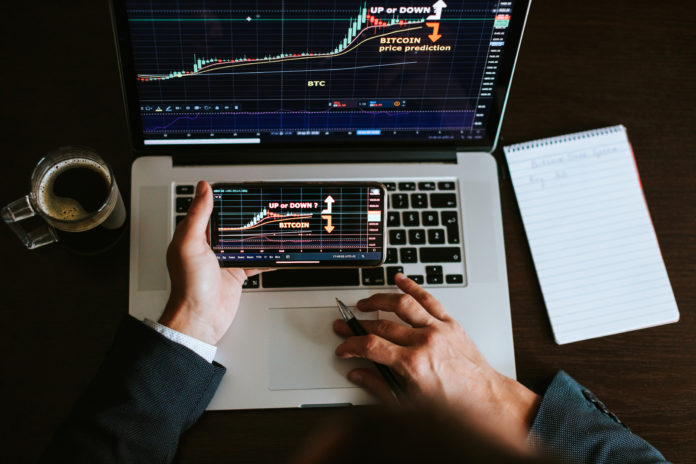
The post-COVID era is one marked by globally dynamic situations and excellent opportunities for those who know where to look. It’s safe to say that every few years a dynamic world market offers similar chances for traders of all kinds. But 2021 is different in many ways from a typical volatile year. For one thing, the viral pandemic effected every developed and developing nation in deep, lasting ways. The move from offices to widespread home-based work is just one of many examples. Now that vaccines are available and economies are starting to bounce back from long-term lock-downs, major changes are taking place in multiple sectors of dozens of economies.
As every trader knows, change means opportunity. Inflation, economic volatility, political turmoil, and social unrest might be bad news for most, but people who invest in stocks, bonds, options, forex, futures, precious metals, and similar assets often find a way to earn a profit in highly volatile circumstances. This principle is especially true for forex enthusiasts. If you’re new to buying and selling on the world’s biggest exchanges, here are some of the ways to get in on the current action while protecting your capital at the same time.
Use Options to Hedge
With so much uncertainty in global exchange markets these days, it’s essential for investors and trading enthusiasts to know at least one hedging technique. For most people, that method is using options. For example, FX options trading is a skill you can learn in just a few minutes and is relatively easy to implement. How does it work?
When you take a long position on a currency, for example, you can purchase an option that gives you the right (but not the obligation) to take an opposite position is the need should arise. Many people look at options as a kind of trading insurance should prices go against you. Because it costs little to buy an options contract on the opposite side of your initial trade, you can view the price of the contract as a small cost of doing business and an effective way to minimize currency risk. Traditional stock investors have been using options for decades as a way to offset and hedge, and the strategy works well for FX traders too.
Specialize
One technique that FX folks use to great advantage, as do their day trading counterparts, is specializing. For example, some beginning forex practitioners like to keep things simple and follow just one currency pair. If they choose, AUD/USD, just to cite a common choice, the range of information they must follow is much smaller than someone trying to buy and sell a half-dozen or more pairs. Focusing on the unique interplay between just two countries, and all their financial data, can make you a quick-study specialist in the give-and-take between two key currencies. Later, should you decide to branch out for reasons of risk diversification, you’ll have most of the main order techniques well-rehearsed and won’t be spooked by fast price action.
Day-Trading and Scalping
FX markets are uniquely arranged for anyone who wants to scale or day trade. That’s because currencies tend to be highly liquid, meaning you rarely have trouble finding a buyer on a major pair. Unlike some slow-moving stocks and seldom traded bonds, currencies are bought and sold any number of times each day.
Why do some people prefer the short play, like a 10-second scalp or 10-minute day-trade? It’s human nature. Some personality types enjoy lots of fast action and love to follow values up and down on the screen. Ever since there have been securities markets and tickers, there have been groups of people who prefer to follow second-by-second activity.
Tracking Headlines
Since the advent of the internet and the birth of massive, 24-hour news websites, trading enthusiasts who delve in fundamental analysis have tracked business headlines and stories the way day traders follow price action. These news traders are often FX types who keep a close eye on every financial, business, economic, and political story that has the potential to impact the foreign exchange pairs they follow.
Diversify
The opposite of the specialist is the person who diversifies by trading multiple pairs at a time. If you decide to minimize your risk this way, be sure to spend time working with just one or two pairs in order to get the hang of placing orders, watching the session unfold, and closing your positions quickly and accurately once you decide to exit. At one point, most people involved in forex diversify their holdings.









